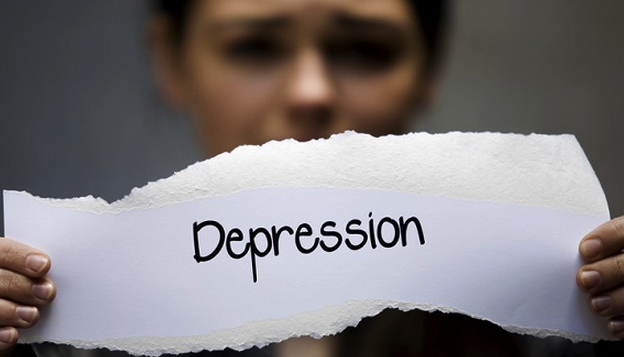High status job? Higher rates of treatment resistance for Depression

 People with depression who hold high-status jobs experience higher rates of treatment resistance and lower rates of remission than people at lower occupational levels.
People with depression who hold high-status jobs experience higher rates of treatment resistance and lower rates of remission than people at lower occupational levels.
An international study presented findings at the annual European College of Neuropsychopharmacology Congress in Vienna this past September.
“Though these findings should be considered preliminarily, they indicate that high occupational levels may be a risk factor for poor response to treatment,” said researcher Siegfried Kasper, MD, of the Medical University of Vienna.
“A number of variables may explain these findings. For example, there may be specific working environment demands and stressors; people may find it difficult to accept or cope with illness, or to continue with medication; or there may be other factors, related for example to cognitive, personality, and behavioral differences.”
Dr. Kasper and colleagues from Belgium, Italy, and Israel looked at the depression treatment of 654 working adults with major depressive disorder grouped by occupational level. Among study participants, 51.4% had high-status jobs, 24.6% had midlevel jobs, and 24% had low-level jobs.
- Participants at higher occupational levels, researchers found, took fewer serotonin reuptake inhibitors and underwent more psychotherapy.
- They also had a higher rate of treatment resistance (55.9%). Comparatively, 40.2% of midlevel workers and 44.3% of low-level workers were resistant to treatment.
- Furthermore, the study found that 1 in 4 patients in midlevel and low-level jobs experienced remission. The remission rate for patients with high-status jobs was approximately 1 in 6.
 “The results of this study might sound counterintuitive, but people with highly demanding jobs are subject to a lot of stress, and when they break down with depression, it may be particularly difficult to cope with their previous life,” said Eduard Vieta, PhD, chair of the department of psychiatry and psychology at the University of Barcelona, Spain, and a member of the European College of Neuropsychopharmacology executive committee.
“The results of this study might sound counterintuitive, but people with highly demanding jobs are subject to a lot of stress, and when they break down with depression, it may be particularly difficult to cope with their previous life,” said Eduard Vieta, PhD, chair of the department of psychiatry and psychology at the University of Barcelona, Spain, and a member of the European College of Neuropsychopharmacology executive committee.
“An alternative explanation, which cannot be ruled out given the naturalistic design of the study, is that high-status job patients may be more prone to request psychosocial treatments without the support of pharmacotherapy.
The ideal treatment of depression is, in general, the combination of both pharmacotherapy and psychotherapy.


